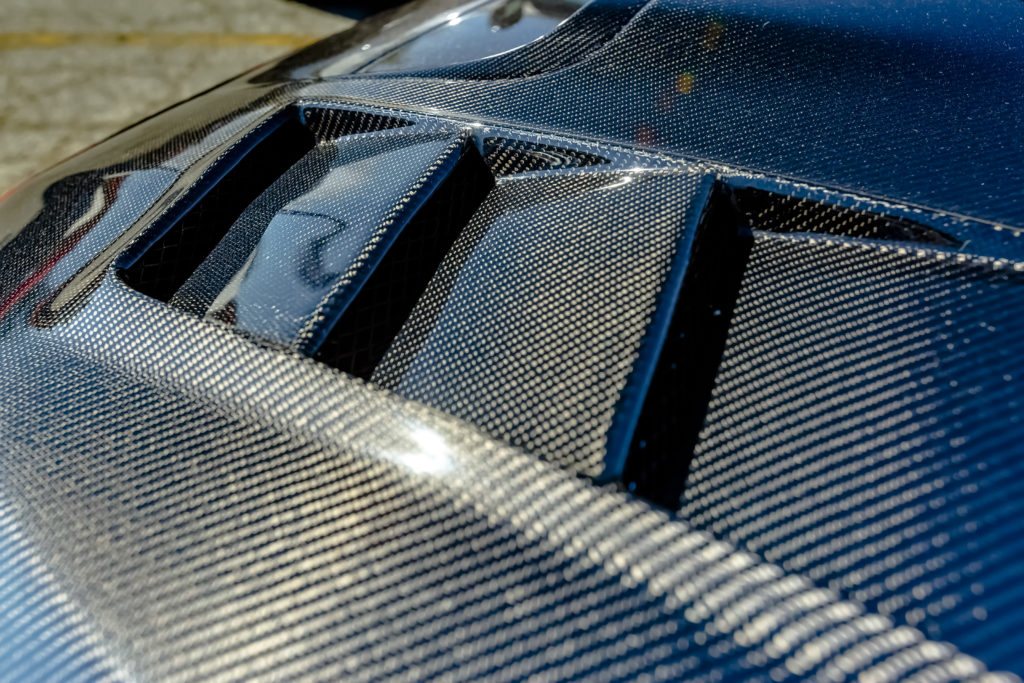News
Automotive Manufacturing Driven by New Technology

Composites are gaining popularity in the automotive market for their corrosion-resistant properties, superior strength, and stiffness coupled with their lightweight increasing fuel economy. It is these benefits among others that make composites like carbon fiber a growing substitute for steel and aluminum materials in automotive parts including body panels, firewalls, and trunk beds. Composites are a reliable alternative to steel in applications where corrosion resistance is important.
Low-cost solutions gain speed
Lower-cost composites manufacturing methods are always in high demand. With the continuing development of technology, new opportunities and applications emerge in automotive manufacturing. For example, the joints and mechanical fasteners that are used to reinforce steel and aluminum automotive parts can in some instances be replaced and instead reinforced using composites and structural adhesives with the same level of required stiffness to ensure passenger safety.
The technology is referred to as composite body solutions (CBS). It involves reinforcing primary vehicle structures by combining vehicle substructures, thermoplastic carriers, and structural adhesives. CompositesWorld explains that CBS elements are installed in the body shop portion early in vehicle build before the E-coat application while keeping the same assembly sequence.
CBS is a lower-cost and lower-mass option that does not sacrifice on stiffness while maintaining its corrosion-resistant properties that make composites the choice of automotive applications in the first place.
In addition to automotive, CBS structural reinforcements may be ripe for other industry applications based on the strong benefits they provide. Composites One is always your source for an extensive line of high-quality composite materials from the top suppliers to meet the needs of automotive manufacturers with corrosion-resistant, high-performing composites. Learn more about the cost and productivity benefits of composites in the automotive industry.

